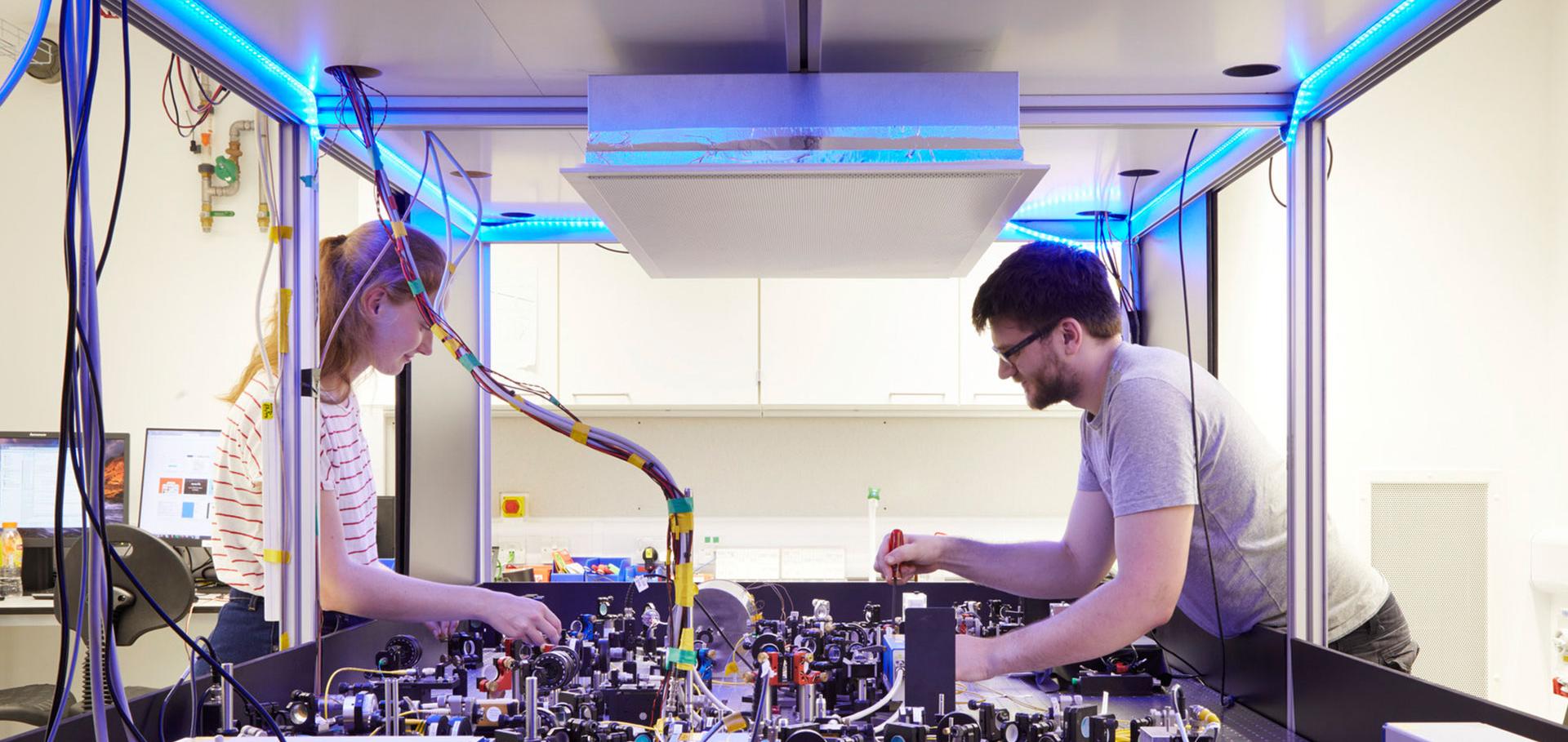Berry's phase in cavity QED: Proposal for observing an effect of field quantization
Physical Review A - Atomic, Molecular, and Optical Physics 67:6 (2003) 638041-638044
Classicality of spin-coherent states via entanglement and distinguishability
Physical Review A Atomic Molecular and Optical Physics 67:4 (2003) 421131-4211310
Abstract:
A study was performed on the classicality of spin-coherent states via entanglement and distinguishability. The distinguishability of the spin-coherent states was established using the representation of Majorana. The resistance to entanglement generation of the spin-coherent states, when passed through a beam splitter was traced.Eavesdropping on practical quantum cryptography
Journal of Modern Optics 50:13 (2003) 1989-2011
Abstract:
Practical implementations of quantum cryptography use attenuated laser pulses as the signal source rather than single photons. The channels used to transmit are also lossy. Here we give a simple derivation of two beamsplitting attacks on quantum cryptographic systems using laser pulses, either coherent or mixed states with any mean photon number. We also give a simple derivation of a photon-number splitting attack, the most advanced, both in terms of performance and technology required. We find bounds on the maximum disturbance for a given mean photon number and observed channel transmission efficiency for which a secret key can be distilled. We start by reviewing two incoherent attacks that can be used on single photon quantum cryptographic systems. These results are then adapted to systems that use laser pulses and lossy channels. © 2003 Taylor & Francis Group, LLC.Energy requirements for quantum data compression and 1-1 coding
Physical Review A Atomic Molecular and Optical Physics 68:4 A (2003) 042309/10


